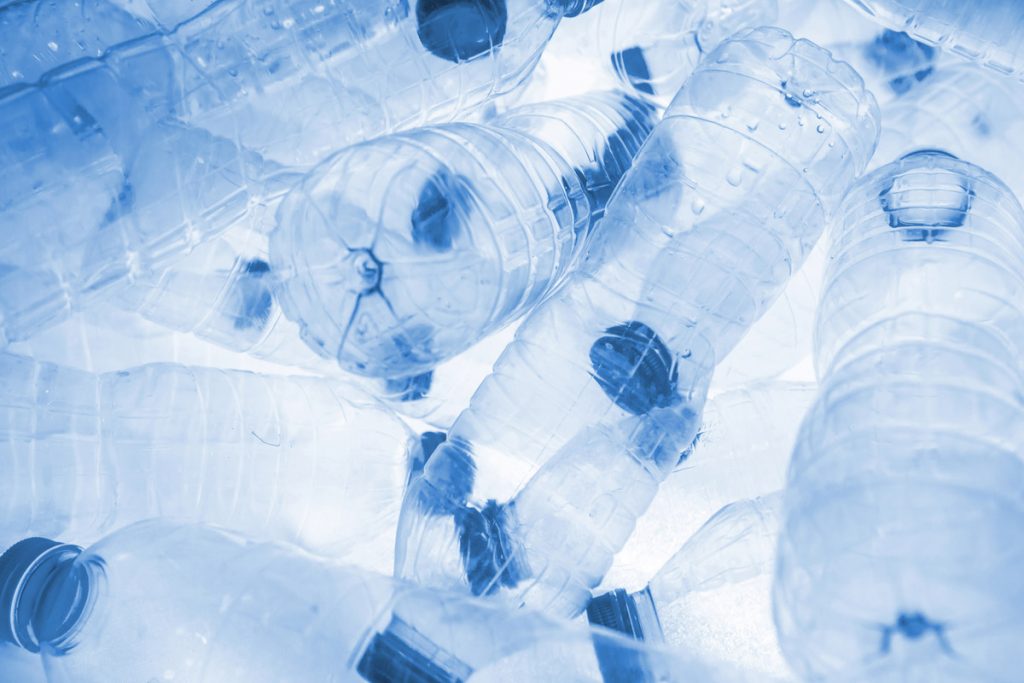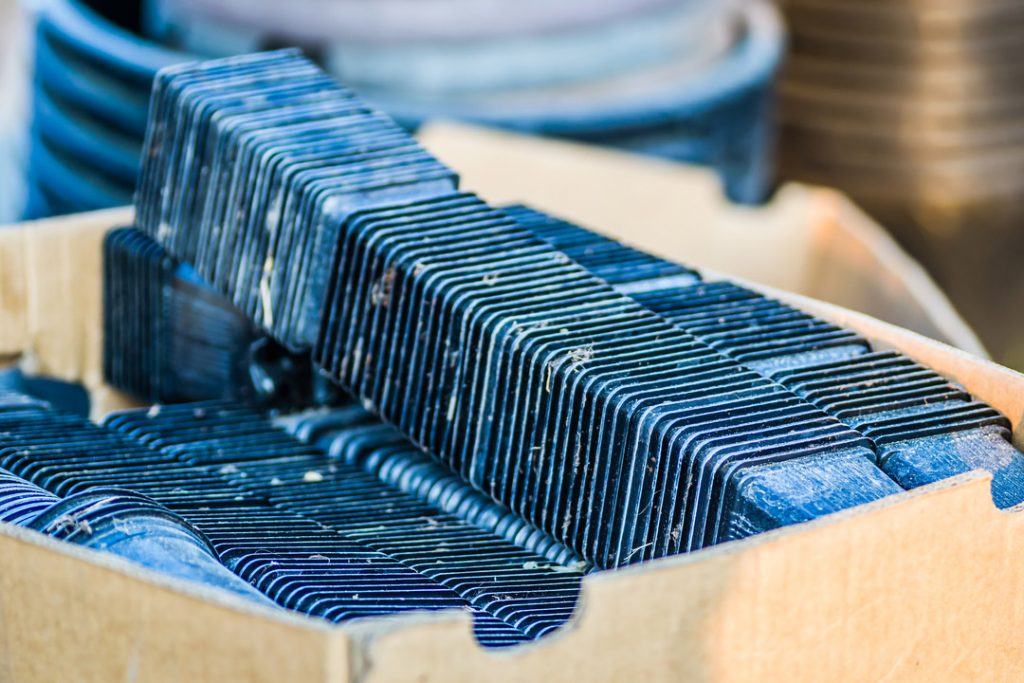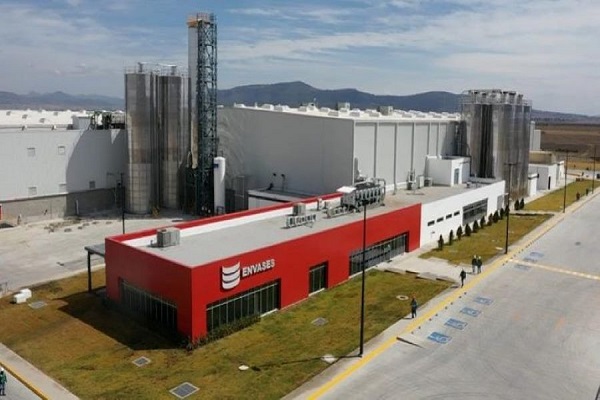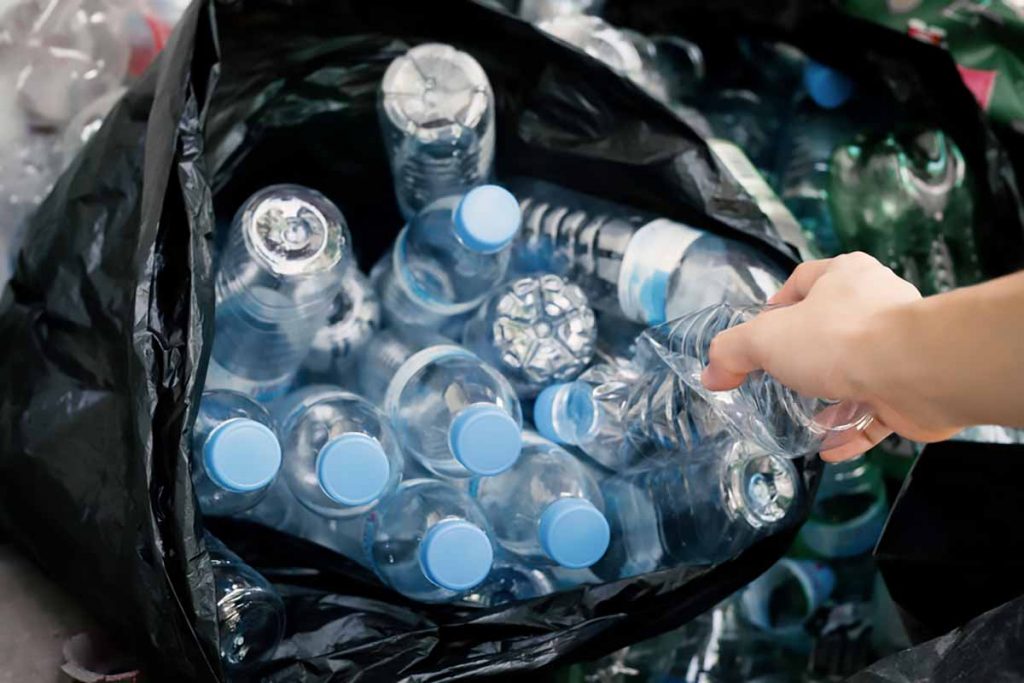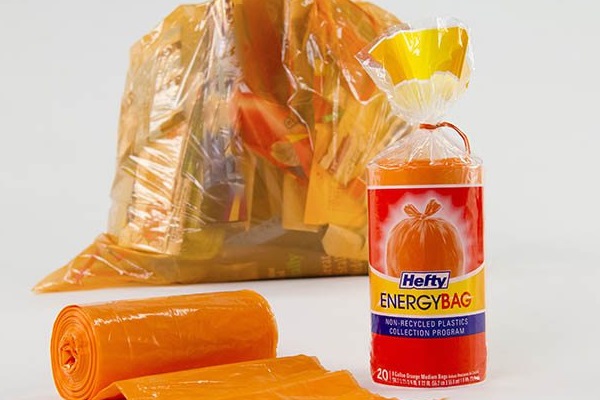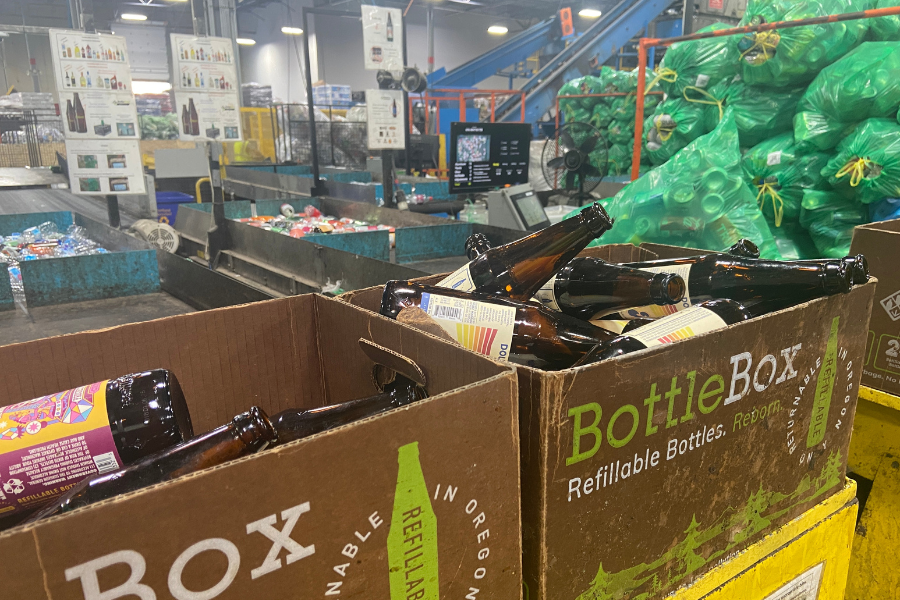
Deposit containers collected in Oregon at the OBRC sorting facility outside Portland. | Dan Leif/Resource Recycling
Oregon residents turned in over 2 billion beverage containers in 2022, an 88.5% preliminary redemption rate for one of the country’s most successful bottle and can redemption systems. Continue Reading



